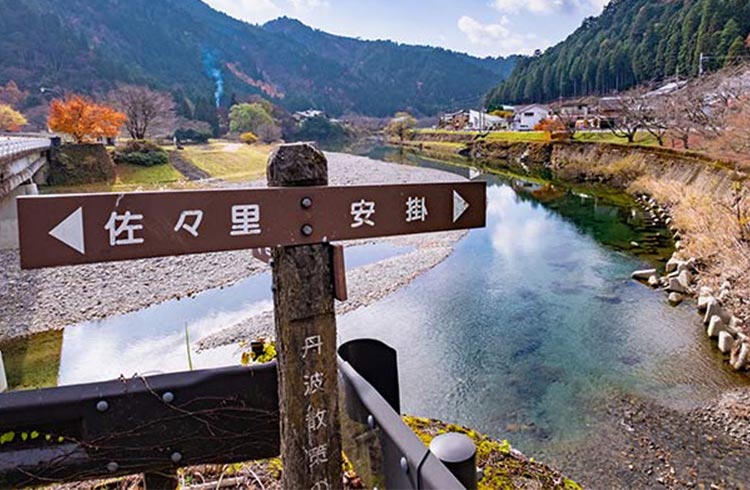These online lessons won’t just dial up your linguistic skills; they will help make you a better traveler.
 Photo © Vsojoy
Photo © Vsojoy
When I got sick straight after arriving in Iran, my high school teacher Mrs Pickering rode to the rescue. Not literally, of course; I hadn’t seen her since graduating. No, it was her French lessons that helped me out.
Feeling unwell as I walked down the street, I collapsed onto a bench and wondered how I would get help, not being able to speak a word of Farsi. Two older women approached me and asked something in Farsi. “English?” I asked hopefully; they shook their heads. Then one asked tentatively, “Français?”. “Oui!” I responded enthusiastically. Turned out she had studied French at school, just like I had; using the language I had in common, I explained what was wrong and she quickly got me the help I needed.
It proves that you can never predict when another language is going to come in handy.
Playing catch-up
European countries are famously multilingual; in the tiny state of Luxembourg, for instance, school lessons are taught in German and French, and pupils also have to study English and one other language.
Other impressively multilingual countries include South Africa (which has 11 official languages; locals tend to speak at least two or three of them) and India, where each state has its own official language and educated people commonly speak around three languages.
The good news is, there’s no reason those who speak only English can’t play catch-up. And you don’t have to be fluent in a foreign language to enhance your travel experience.
“Even if you only have a few phrases, it makes a big difference,” says Lou Day of Exodus Travels. When Day spent six months traveling in South America, she found that knowing a few phrases of Spanish made a big difference – especially if you’re willing to learn a bit more than the usual “please”, “thank you” and “how much?”.
Multilingual benefits
“Being able to say your name and where you’re from, being able to ask for directions; they all help you interact more freely with people, and isn’t that one of the reasons why we travel?” Day says. “I learnt to say, ‘I’m sorry my Spanish isn’t very good but I’d love to learn some more’ and people totally loved it.”
Don’t let your self-consciousness get in the way. It’s not about sounding like a native speaker; it’s about getting your meaning across. “It’s amazing how well you can communicate when you have a go,” says World Expeditions’ Brad Atwal. “And when you have a go, you start to engage, and when you start to engage, you’re a little closer to making a friend.”
Five language apps to try
Learning a language has never been easier. An ever-growing range of apps and online tools uses a range of technologies and techniques to make learning fun – and with self-contained lessons, you can squeeze in some practice whenever you get a moment. So, try one of our favorite apps and upgrade your skills before it’s time to go traveling again.
1. Babbel
How many languages: 14
How it works: The beauty of Babbel is that you can choose not just the language you’re learning, but also the type of vocabulary. Want to learn how to ask directions, or focus on ordering meals at a restaurant? Just choose the appropriate module. Your first 15-minute lesson is free.
Find out more: babbel.com
2. Duolingo
How many languages: More than 30
How it works: First reason we love Duolingo: it’s free. Second reason we love it: it’s fun, offering plenty of games and quizzes that help you learn. It also has a feature that records your translations and plays them back for you down the line, so you can see how much you have improved.
Find out more: duolingo.com
3. Rosetta Stone
How many languages: 25
How it works: This is the app to choose if you want to do more than simply learn the basics. Rosetta Stone doesn’t just teach vocabulary: it also helps you get to grips with the local culture. Its speech recognition software helps you nail the pronunciation.
Find out more: rosettastone.com
4. Memrise
How many languages: 18
How it works: Need to learn some vocab fast? Memrise makes it easy, turning learning into a game. The basic lessons are free; if you want to dive deeper, consider the premium service, which offers videos of native speakers and also tailors your lessons to reflect how well you are doing.
Find out more: memrise.com
5. Busuu
How many languages: 12
How it works: Are you the type of person who rises to a challenge? Then Busuu may be the app for you. Once you have selected your language, the app helps establish how much understanding – if any – you already have, and how fluent you want to become. Set yourself a goal and the app will create a learning plan that ensures you hit the goal by your desired date.
Find out more: busuu.com
Related articles
Simple and flexible travel insurance
You can buy at home or while traveling, and claim online from anywhere in the world. With 150+ adventure activities covered and 24/7 emergency assistance.
Get a quote


No Comments